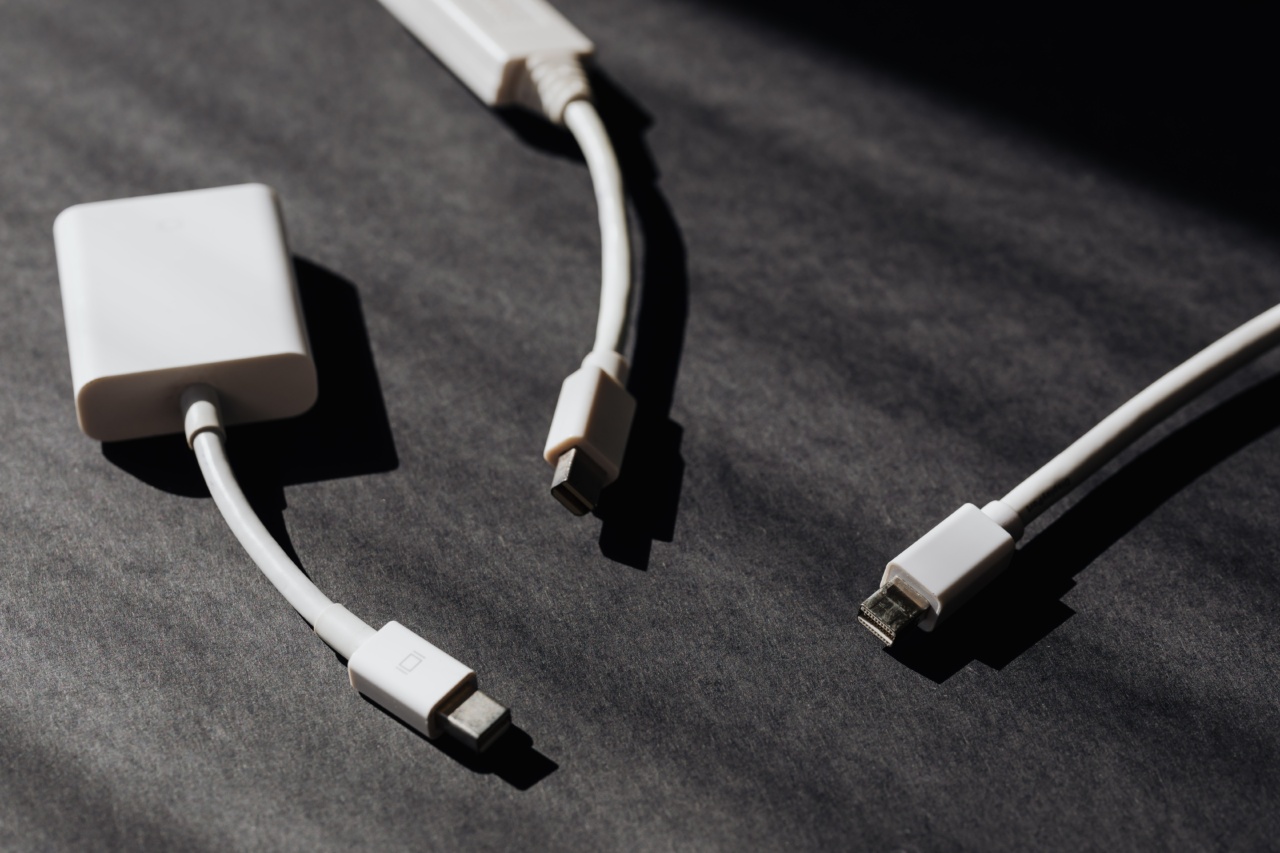Menopause is a natural biological process that occurs in every woman’s life, typically between the ages of 45 and 55.
During menopause, the body goes through hormonal changes that can cause a variety of symptoms, including hot flashes, night sweats, mood swings, and weight gain. Another common symptom of menopause is an increased risk of developing high blood pressure.
What is High Blood Pressure?
High blood pressure, also known as hypertension, is a condition that occurs when the force of blood against the walls of the arteries is too high.
This can cause damage to the blood vessels and increase the risk of heart disease, stroke, and other health problems.
The Menopause and Blood Pressure Connection
During menopause, the body’s production of estrogen decreases, which can affect blood pressure regulation. Estrogen helps to keep blood vessels flexible and relaxed, allowing blood to flow more easily throughout the body.
As estrogen levels decline, blood vessels become stiffer and less responsive, which can lead to an increase in blood pressure.
Additionally, weight gain is common during menopause, which can also contribute to high blood pressure.
Women tend to gain weight around the abdomen during menopause, which is associated with an increased risk of high blood pressure, diabetes, and heart disease.
Other Factors that Contribute to High Blood Pressure
Menopause is not the only factor that can contribute to high blood pressure. There are several other factors that can increase the risk of hypertension, including:.
- Smoking
- Obesity
- Physical inactivity
- A diet high in sodium
- Stress
- Family history of hypertension
- Age
Managing High Blood Pressure during Menopause
If you are experiencing high blood pressure during menopause, there are several steps you can take to manage your symptoms and reduce your risk of complications:.
- Exercise regularly – regular exercise can help to keep blood pressure in check and reduce stress levels.
- Follow a healthy diet – a diet rich in fruits, vegetables, whole grains, and low-fat dairy products can help to lower blood pressure.
- Reduce sodium intake – limit your intake of processed foods, which tend to be high in sodium.
- Lose weight – losing even a small amount of weight can lower blood pressure.
- Manage stress – stress can increase blood pressure, so finding ways to manage stress, such as yoga or meditation, can be helpful.
- Quit smoking – smoking can damage blood vessels and contribute to high blood pressure.
- Take medication – if lifestyle changes are not enough to control your blood pressure, your doctor may recommend medication.
Conclusion
Menopause is a natural process that can cause a variety of symptoms, including high blood pressure. However, there are several steps you can take to manage your blood pressure and reduce your risk of complications.
By following a healthy diet, exercising regularly, and reducing stress levels, you can help to keep your blood pressure in check and maintain good overall health.




























